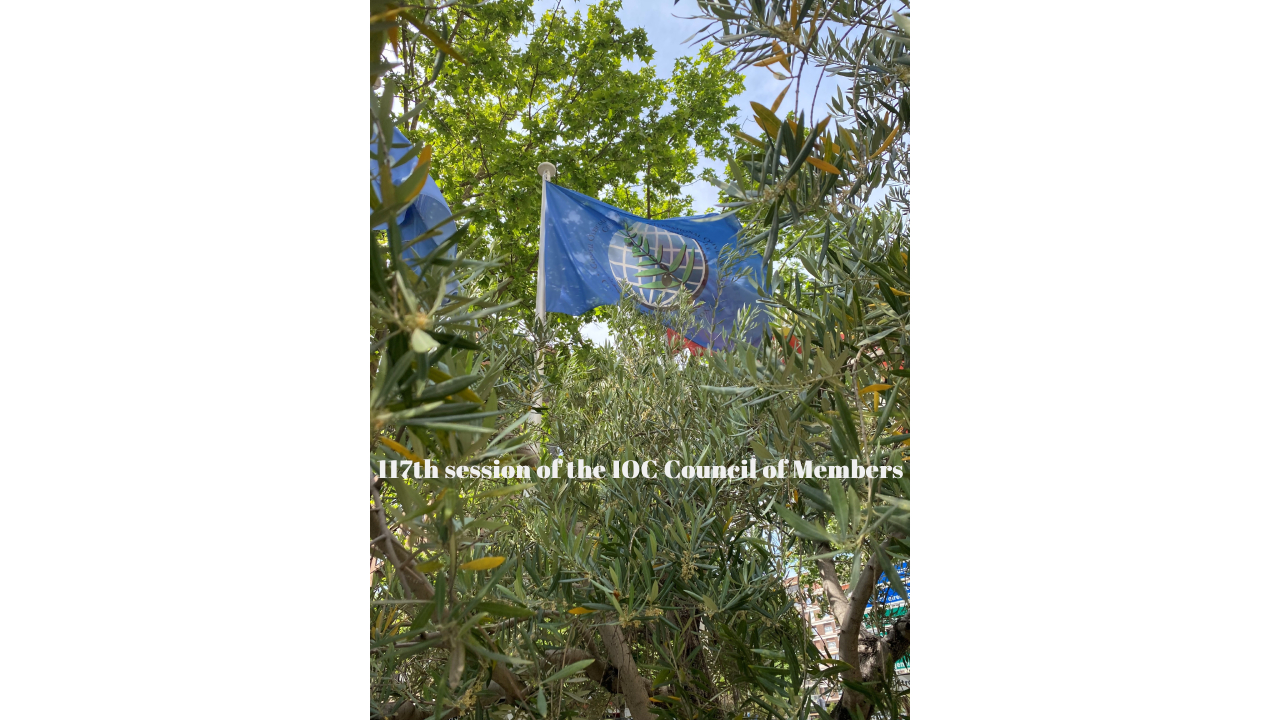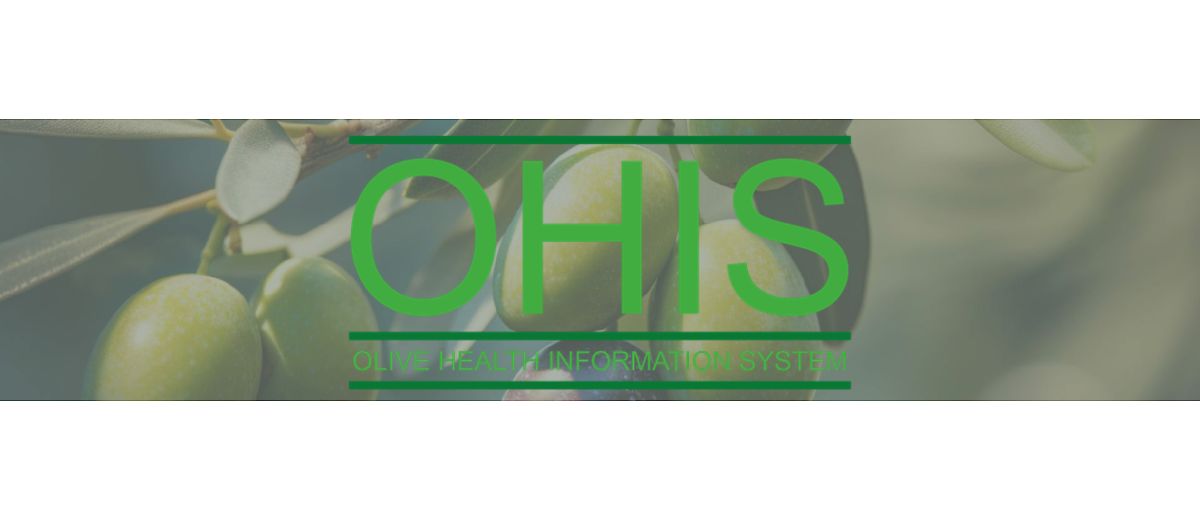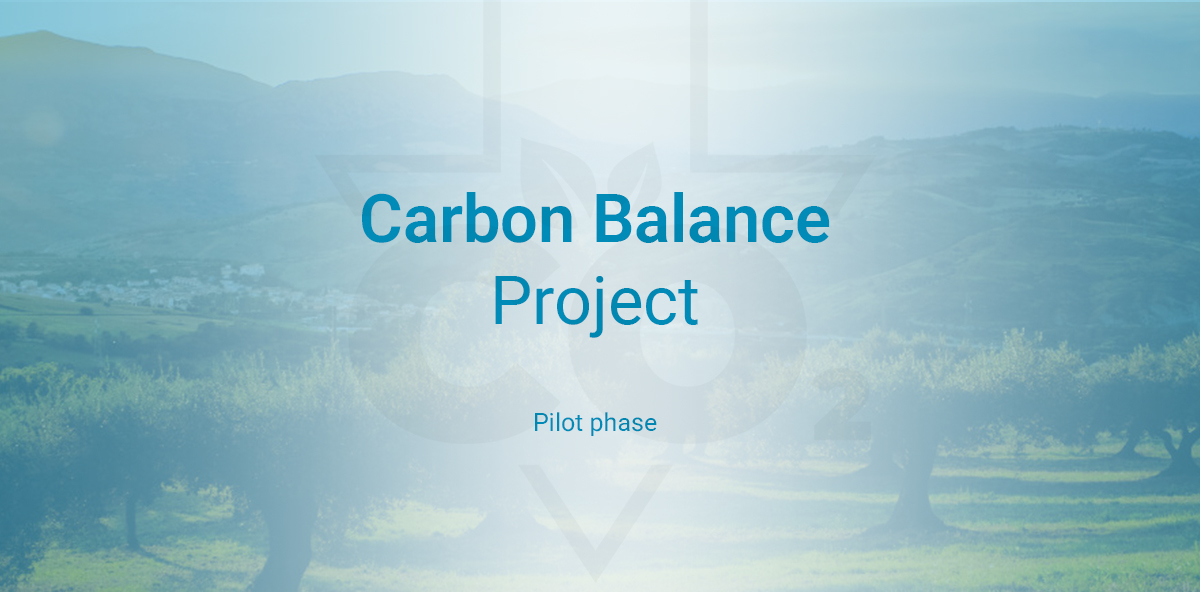The 117th session of the Council of Members of the International Olive Council (IOC) kicks off this week. Representatives of the 19 Member Countries of the IOC (Albania, Algeria, Argentina, Egypt, the European Union, Georgia, Iran, Israel, Jordan, Lebanon, Libya, Morocco, Montenegro, Saudi Arabia, Tunisia, Türkiye, Uzbekistan and Uruguay) will participate in meetings of the different specialised committees, the plenary session and the Mario Solinas Quality Award Ceremony. Representatives from Azerbaijan, Brazil, Bosnia-Herzegovina, Iraq, Mauritania, Pakistan, Peru, Qatar and the United States will attend this IOC session as observers. Bosnia-Herzegovina will officially present its application to join the International Agreement on Olive Oil and Table Olives.
The first part of the session will take place between the 14 and 16 June through videoconference from Madrid.
The Financial and Administrative Committee will meet on 14 and 16 June to deal with the usual issues concerning the IOC budget, Members’ contributions, Executive Secretariat (ES) staff, etc.
On 14 June, the ES will brief the Economic and Promotion Committee on developments in the production, consumption and trade of olive oil and table olives, as well as reporting on the most recent results of the study of consumer behaviour. With regard to promotion, the Committee will be informed of the activities that took place in the framework of the Australian campaign, about future activities planned in various countries and the upcoming call for IOC grants for national promotion activities, particularly for the organisation of the World Olive Day. The ES will also inform the Committee about the activities of the Observatory and Information Systems Department and its plans for the rest of the year, with a particular focus on the publication of the next edition of Olivae centred on the Iranian olive sector.
The Chemistry and Standardisation Committee will meet on the morning of Thursday 15 June. The ES will present a progress report on the activities carried out since the last meeting, including: the results of the work developed by the groups of experts in various fields; the studies underway on olive oils exhibiting anomalous parameters, such as sterols, MOSH and MOAH, ring tests, etc.; the international standardisation work (CODEX, ISO, WCO, WTO, EU…); the proposals for the revision of methods of analysis; the Mario Solinas IOC Quality Award; the IOC support to tasting courses and national competitions organised by the competent authorities; the IOC recognition of physico-chemical analysis laboratories and tasting panels; the collaboration with the Culinary Institute of America (CIA), the Olive Health Information System (OHIS), and the Fundación del Olivar through the IOC PANEL platform, aimed at harmonising tasting panels and minimising deviations; and, finally, the monitoring of the quality and authenticity of olive oils sold on non-Member country import markets, etc.
In the afternoon, the Technology and Environment Committee will be informed about the activities organised in the fields of research, development and training, as well as on the preparation of the World Catalogue of the main genetically authenticated olive varieties and on the project of the ES to update the World Encyclopaedia of the Olive Tree. Moreover, the ES will also inform the representatives on the granting of IOC scholarships for PhD and specialised courses for students from Member Countries and present the international workshop on the carbon balance in the olive sector planned for October 2023. The ES will also put forward a proposal for the continuation of ongoing activities and the organisation of new actions for the second half of 2023.
Finally, the Mario Solinas Quality Award Ceremony is planned to take place on Friday 23 June. The 23rd edition of this international competition, the most prestigious non-for-profit contest for the best extra virgin olive oils produced globally, aims to encourage individual producers, producer associations and packers in producing countries to market extra virgin olive oils displaying harmonious organoleptic characteristics, as well as to incite consumers to recognise and appreciate the sensory attributes of these types of oils.










